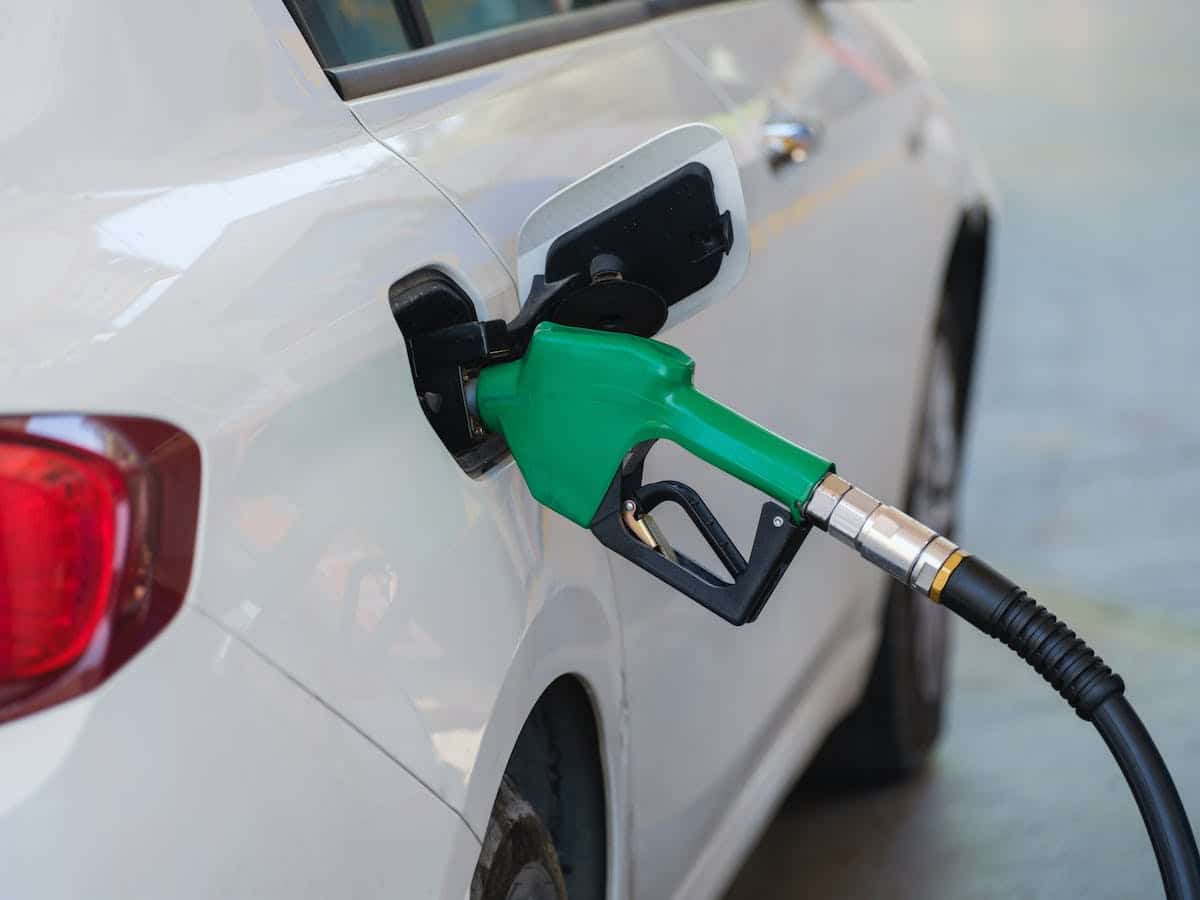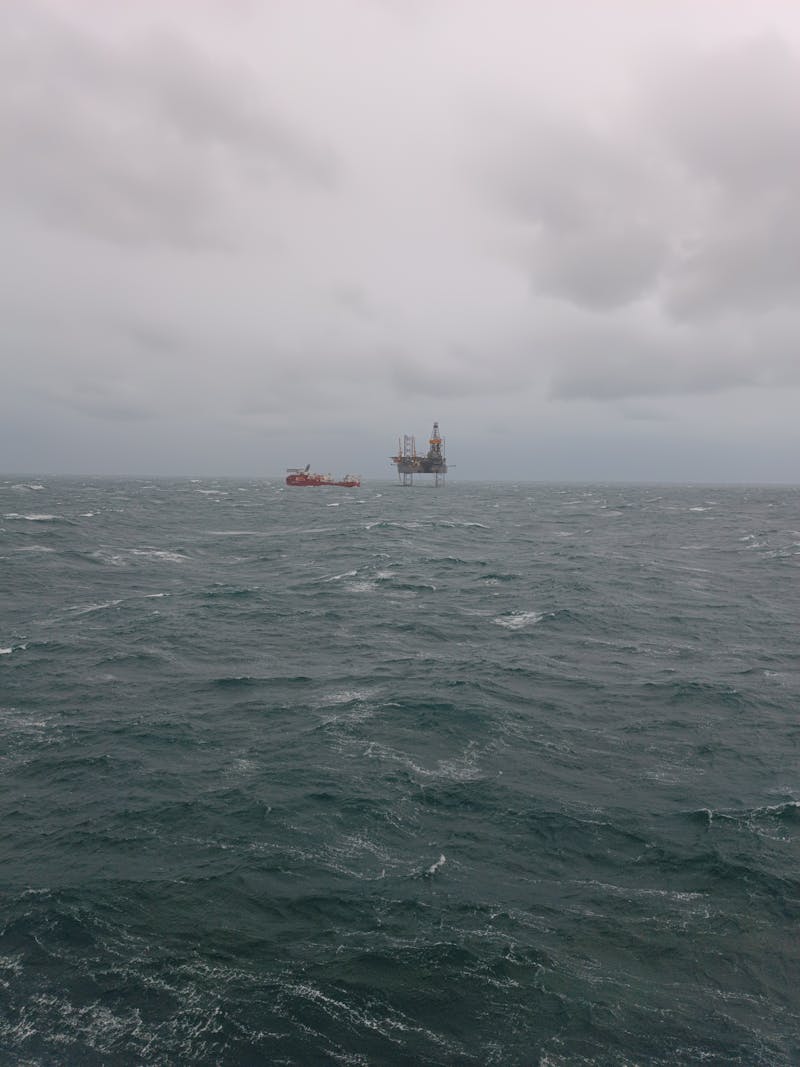Petrol stations, pipeline companies, products storage, gas distribution & oil refining companies are now required to obtain regulatory consent for a change of their names and for a transfer/sale of their licenses or permits (“License”)[1]. This requirement is as per the Assignment or Transfer of License and Permit Regulations, 2023. This legal update highlights some of the key considerations for investors looking to acquire shareholding or other economic interests in the downstream and midstream sector in Nigeria.
- Scope of the Assignment or Transfer of License and Permit Regulations ( the “Regulations”)
The scope of the Regulation is broad. The Regulation covers all commercial activities in the downstream and midstream sector in so far as a business enterprise holds a License issued by the NMDPRA[2] and carries on petroleum operations in the midstream and downstream sector in Nigeria.
- Assignment & Transfer of Operating License/Permits
In practice, a transfer or assignment of an operating license can be effected using a variety of legal/transaction structures. The choice of legal structure may be informed by a variety of transaction-specific factors, which may include tax, timing, and financing considerations. It is not uncommon for Parties to adopt transaction structures that achieve the effect of transferring economic value to a buyer and at the same time, obviate the need to procure a regulatory consent, often because of the concerns around political interference or bureaucratic bottlenecks. The approach taken in the Regulation is to define the transfer or assignment of a License in the broadest possible sense and to also empower the NMDPRA to expand that definition where it deems fit. An assignment or transfer of a License is defined to include structures wherein:
- A buyer acquires a License by way of the merger of two or more companies
- A buyer acquires a License by way of acquiring the target company or an asset of the target company
- A buyer, being an affiliate of the target company, acquires a License for the purpose of reorganization in order to achieve greater efficiency and acquire resources for effective petroleum operations
- A buyer acquires a License by way of a transfer of the License to a new company
- A buyer acquires a License by way of devolution of ownership of shares or interests in ownership of shares by operation of law
- A buyer acquires a License by way of an exchange or transfer of shares, private placement or public listing
- A buyer acquires a License by way of testamentary instruments
It would appear that, with this regulatory approach:
- An acquisition of shares or other participating or commercial interest in a midstream or downstream company which does not involve a transfer or assignment of a License is not covered under the Regulation with the effect that such transactions will ordinarily not require the consent of the NMDPRA.
- A Licensee should not require the consent of the NMDPRA where the Licensee intends to create security over its assets or assign any of its intangible assets by way of security.
- Stage 1: Application Process (Notice of Intention)[3]
In stage 1 of the Application Process for consent to a transfer of a License, the incumbent owner of a License is required first to notify the regulator of its intention to transfer a License before a formal application for consent to any such transfer is made. The NMDPRA is required to convey a preliminary decision on whether the subject application should proceed to the next stage, within 21 days from the date of application, failing which the parties may submit a formal application for consent.[4]
- Stage 2: Application Process (Application for Consent)[5]
In stage 2 of the Application Process, the prospective buyer must submit a formal application for consent and pay the relevant application fees, which are capped at 5% of the value of the relevant sale transaction. The Regulation mandates the NMDPRA to convey a decision on an application for consent within 90 days, failing which, consent will be deemed to have been granted to a prospective buyer.
[1] Failure to obtain the relevant consent attracts regulatory fines which range from US$(c.)2,600 to US$100,000 per License
[2] That is, the Nigerian Midstream and Downstream Petroleum Regulatory Authority.
[3] The Licensee is expected to submit (a) its name, registered address, and contact information (b) the reason and method of the assignment or transfer and the possible economic value of the assignment or transfer (c)the original or the Certified True Copy of its License (d) any other information and document stipulated in the Regulation.
[4] From a transaction standpoint, the said Notice of Intention and the written decision or communication of the NMDPRA should ordinarily be one of the CPs to closing.
[5] (a) apply for an assignment or transfer of the License to its company (b) submit a copy of the title document which shall be certified by a court of competent jurisdiction (c) where required, make presentations to the NMDPRA on its technical and financial capability to operate such facility (d) provide any other information required by the NMDPRA.




